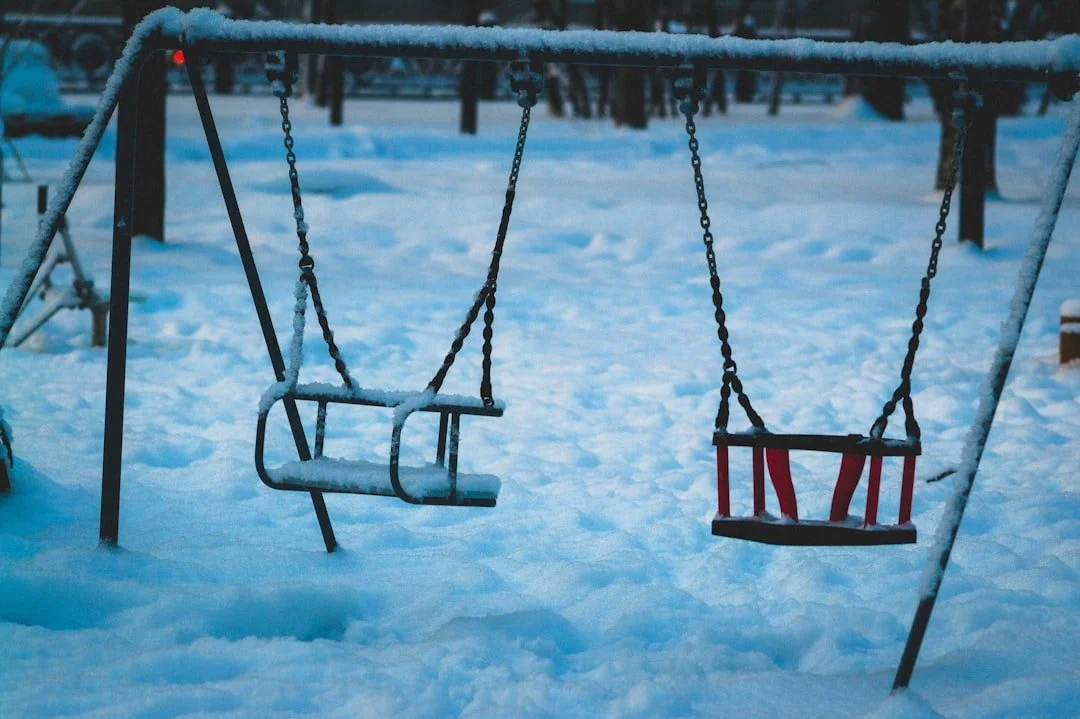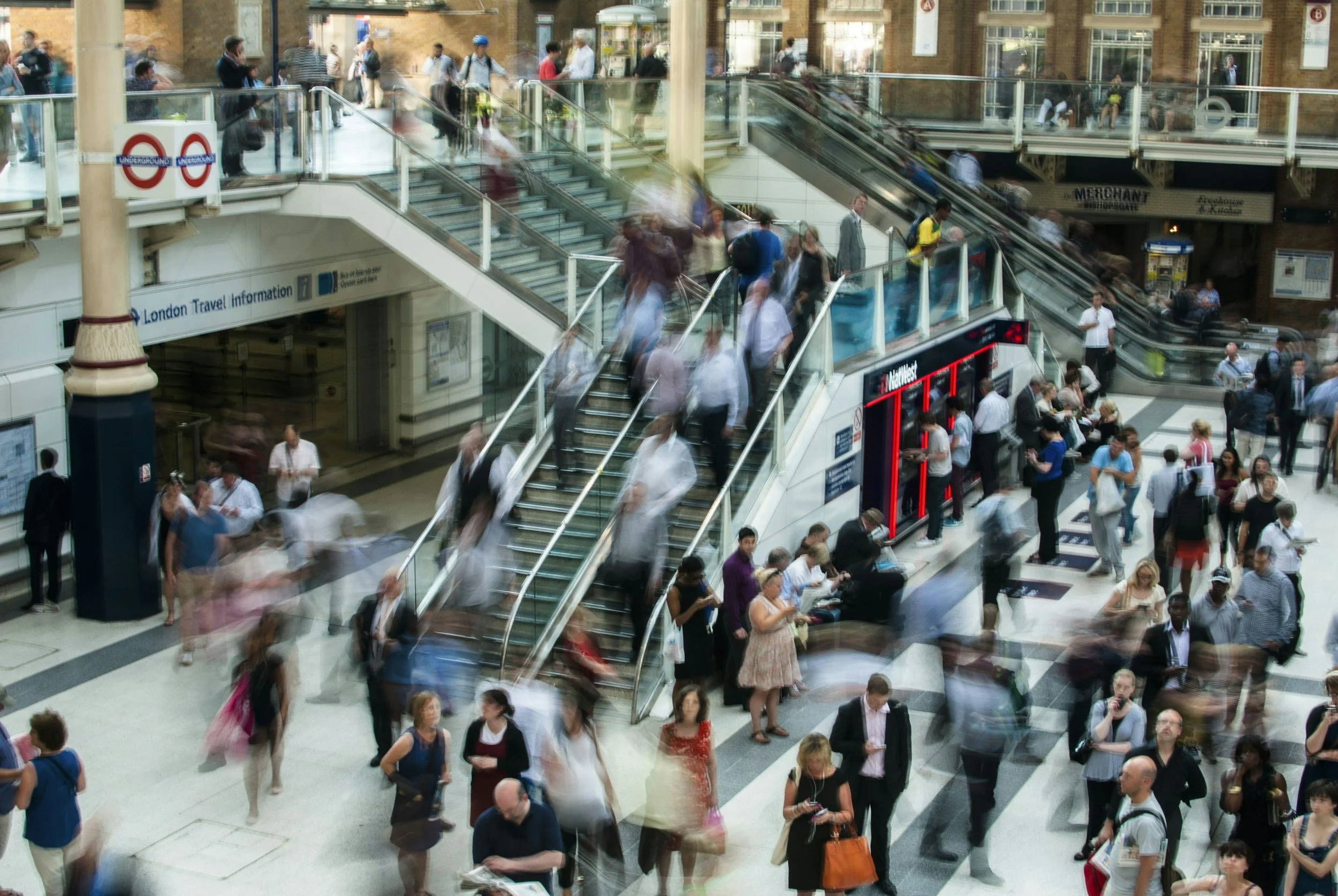
My writings - and those of others.
The Full Story
This is imporant for anyone who follows mainstream and social media news. Headlines don’t tell the complete story and we don’t hear enough to make sense or see the evil implications. Read the full report subtitled Nazi Lies in Vance’s America.
Here is where we are
On the day before my 90th birthday, it seems right to share some of the things I am reading today. One person commented that it is like living in an episode of Monty Python. It is instructive that Canadians loved the show while it never took off the the US in the same way. I didn’t expect to have to make such a comparison. I’ve thought that a certain person is actually nuts, but I fell like the small boy in the fairytale who was the only one to say out loud that the emperor has no clothes. All the members of the US congress could have some clout if they saw the reality. They have some power to use one of their constitutional amendments That doesn’ t seem to be on the horizon - yet.
From Paul Krugman:
“But after reading the letter that Trump just sent to the prime minister of Norway (Jonas Gahr Støre has confirmed that it’s genuine) there should be no doubt that we have a president who is suffering a real detachment from reality: . . How did a great, sophisticated nation, one of the world’s longest-standing republics, end up so fragile that it can be undone by one man’s dementia?”
From Anne Applebaum:
“Yet what matters isn’t the specific phrases, but the overall message: Donald Trump now genuinely lives in a different reality, one in which neither grammar nor history nor the normal rules of human interaction now affect him. Also, he really is maniacally, unhealthily obsessive about the Nobel Prize. The Norwegian Nobel Committee, not the Norwegian government and certainly not the Danish government, determines the winner of that prize. Yet Trump now not only blames Norway for failing to give it to him, but is using it as a justification for an invasion of Greenland.”
From Heather Cox Richardson
“Former Vice President Dick Cheney’s doctor Jonathan Reiner agreed: “This letter, and the fact that the president directed that it be distributed to other European countries, should trigger a bipartisan congressional inquiry into presidential fitness.”
Today three top American Catholic cardinals, Blase Cupich of Chicago, Robert McElroy of Washington, D.C., and Joseph Tobin of Newark, New Jersey, issued a joint statement warning the Trump administration that its military action in Venezuela, threats against Greenland, and cuts to foreign aid risk bringing vast suffering to the world. Nicole Winfield and Giovanna Dell’Orto of the Associated Press reported that the cardinals spoke up after a meeting at the Vatican in which several fellow cardinals expressed alarm about the administration’s actions. Cupich said that when the U.S. can be portrayed as saying “‘might makes right’—that’s a troublesome development. There’s the rule of law that should be followed.”
The New York Times reports:
Early on Tuesday morning, as Europe’s leaders continued to wring their hands over the president’s latest threats to Greenland, Mr. Trump posted an apparently A.I.-generated meme that showed him hoisting an American flag while standing on the island.
From Canaian Prime Minister speaking at Davos as reported by the New York Times:
“I will talk today about the breaking of the world order, the end of a pleasant fiction and the beginning of a brutal reality where the geopolitics of the great powers is not subject to any constraint,” said Mr. Carney, who used a mixture of French and English in his address in Davos, Switzerland.
“Every day we are reminded that we live in an era of great power rivalry,” he said. “That the rules-based order is fading. That the strong do what they can, and the weak suffer what they must.”
He added, “Let me be direct: We are in the midst of a rupture, not a transition.”
Sources
I have to ask. Is anyone else finding the New York Times reporting every event with breathlessness becoming annoying? The online format shows serious news on the left and all kinds of trivia on the right, so perhaps my real error is readling the paper online. But ridicuous facts are seldom discounted - and fake news comments are seldom corrected.
One alternative is to read many of the authors I used to enjoy in the Times or the Post on Substack. Their purpose is to inform and encourage action. Here is an example from Paul Krugman. And note the coda which will take some of us back to the early sixties singing the same verses. And here is another from Robert Reich. The second one may have implications for Canadians as well.
Express Service?
Thursday’s Globa and Mail was unusual in featuring a story about a church on its front page. Usually we hear only of scandals. but this time we learn that St. James Cathedral Toronto is offering 30 minute “Merry Moments” to celebrate the season. The rationale is that people are too busy to sit through a seventy-minute service of worship.
I’ve been an Anglican for close to 90 years but with all due respect to the Dean, this doesn’t sound like a solution. There will; be carols, short readings and prayers that give people who are too busy and tired a brief time out. But the question is, What are we giving them. Is this who we are?
We regulars might agree that sometimes sermons go on and on and musical offerings do the same. But dropping into church isn’t exactly like dropping in on a late night chat show or scrolling Facebook. Even if the pollsters tell us that 42% of people never go to church, that doesn’t mean that they have no other places to find what the dean thinks churches offer – community, transcendence and opportunities to connect. How about the concert hall for transcendence or singing in a choir or playing in a band? How about the dedication of those going to the gym?
The Merriam Webster word of the year apparently is slop. A favorite read of mine comes from Ron Charles who writes a weekly newsletter about books. After showing us an AI generated picture of a large dog on his mother’s dining room table he notes:
“AI promised us miracles, and in a way it has delivered them: fake images, Frankensteined videos, phony news, clickbait features, synthetic tunes, uncanny-valley podcasts and Cylon-composed books — all untouched by human hands or human intelligence. “
In a word: Slop.
There is something sloppy going on here, I’m afraid. Even the small troupe of choristers who are leading those carols have had to practice every week to be good enough to lead the singing. The preacher will have spent at least seven years of higher education to climb up the stairs to the pulpit. What will be read in those prayers has been around for centuries. A “smiley welcome mat” is okay – but a service like this isn’t introducing people to “stillness” It just seems more like the noise that is supposed to be avoided.
It also seems that one of the regulars could do with a bit of education. Yes, Christmas is a season, as he says. But it is preceded by another one called Advent. Maybe our task is to slow down ourselves before we inflict our neighbours with a less than muscular version of the faith.
Don’t Give Up
Tuesday was a good day. I went to a seminar at my University of Toronto college celebrating the consecration of its chapel seventy years ago. I had the distinction of being the only person present who was in the chapel that day – one of eight undergraduate men and women who were invited to the event. Times change. It was important enough then for the event to be televised nationally.
The seminar’s title was Sustaining Hope and Seeking Justice in Challenging Times and had an interesting group of presenters. Two later received honorary degrees. Several were from other faiths. One was a politician noting that he was a Roman Catholic working for a Lutheran body speaking to a bunch of Anglicans. One of the speakers ,a woman bishop, addressed the topic of hope quoting from Emily Dickinson. Another woman bishop recited a poem entitled, Hope is not a Bird, Emily.
The most dramatic speaker was the retired 27th presiding bishop and primate of the American Episcopal Church, Michael Curry. By preaching at the wedding of Prince Harry and an American television star, he became world famous – talking about the power of love. He reminded those present that he was the descendant of slaves – and that his father, also a priest had been converted to Anglicanism when he saw White and Black persons drinking from the same cup.
Curry’s success in imprinting an idea involves repetition “Don’t Give Up” He kept reminding us that justice ebbs and flows but moves to a better place when those who appear to lose still continue to act. We can’t change everything, but we have constant choices to make things better for others,
These wise words came the day after a certain American president dismissed a question from a woman reported by shaking a finger and saying “Quiet, Piggy.”
Here’s your chance. Every woman and every man who doesn’t want to turn the world into a place where women are called animals by the leader of the free world can speak up. Forget all the other stuff that is going on for now. Call, email and text your elected federal representatives of any party and tell them that this is not the America you want to live in. Tell them to shout and scream at a president that this will not do. Tell him to stop. Take the power that they have or else. Remind them that the time is now. Remind them that the rest of the world is watching. Remind them that hope and justice in challenging times depends on all of us – but especially on them. Don’t Give Up






